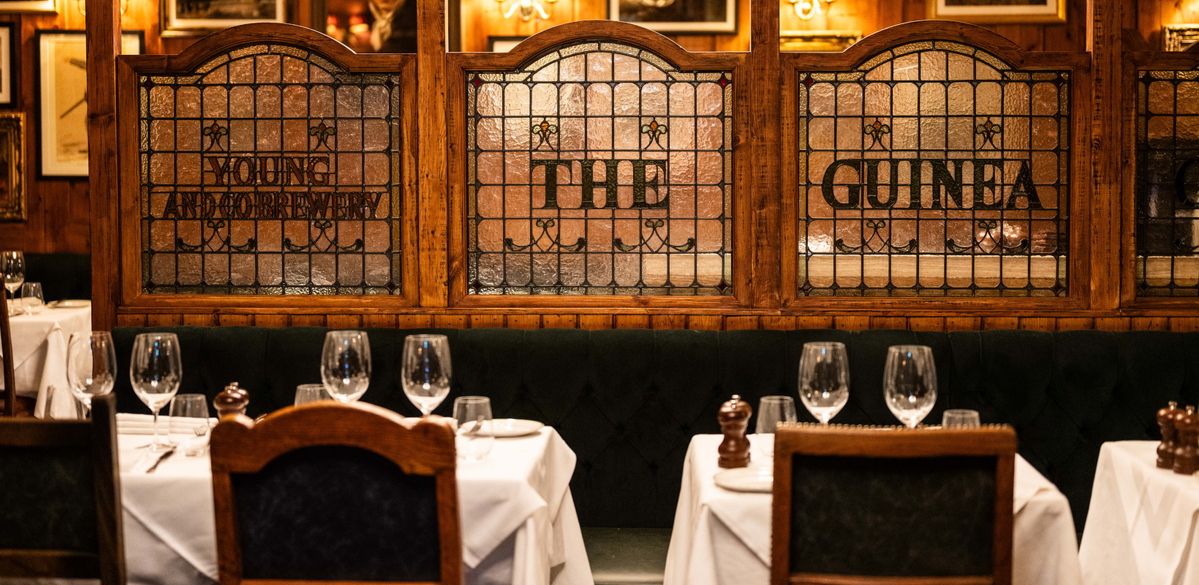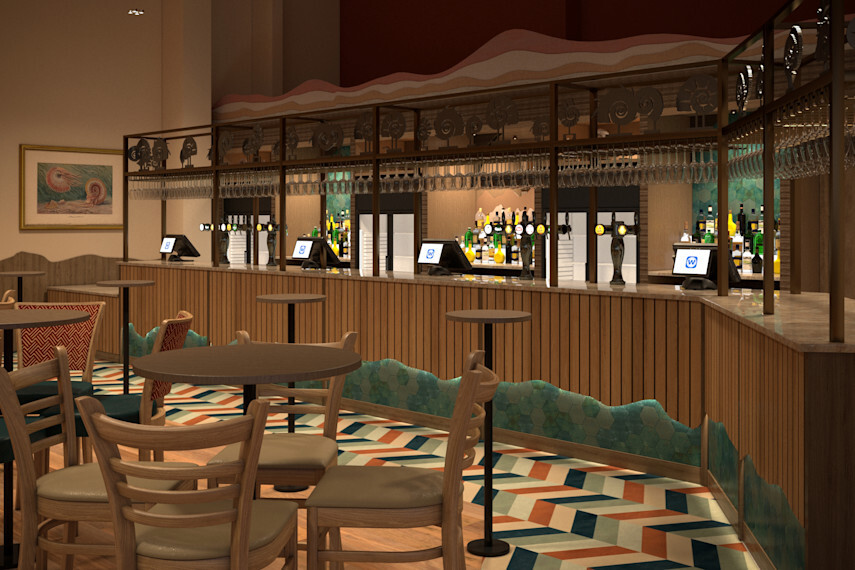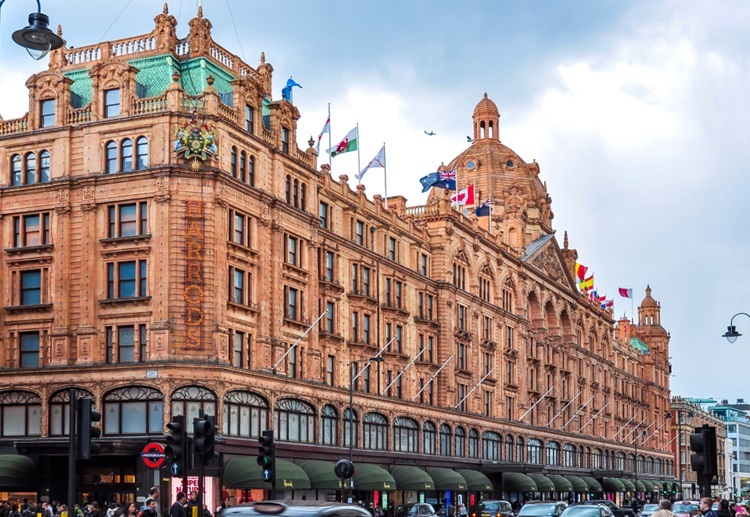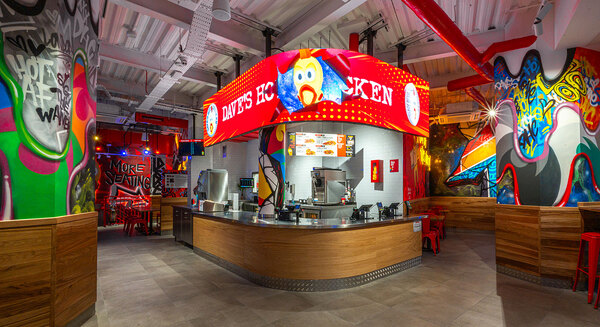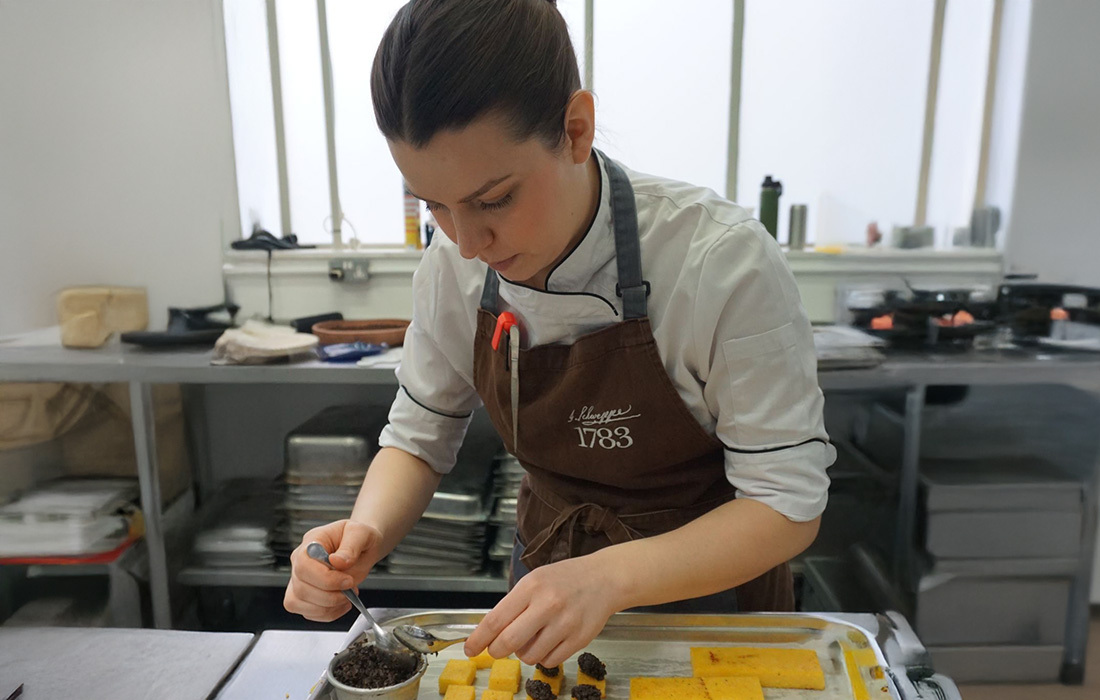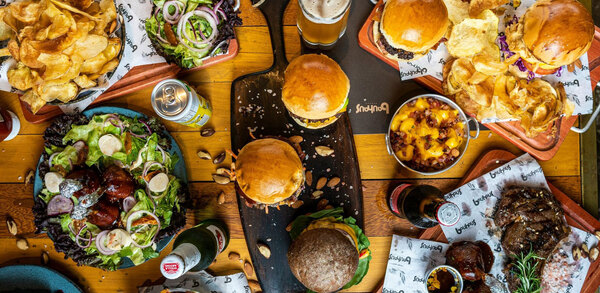‘It has to be legit – not just us messing around’: Da Costa’s authentic Italian in Somerset
Chef Ben Orpwood uses British produce to create dishes that pay homage to Da Costa’s Italian owner’s roots. Caroline Baldwin reports
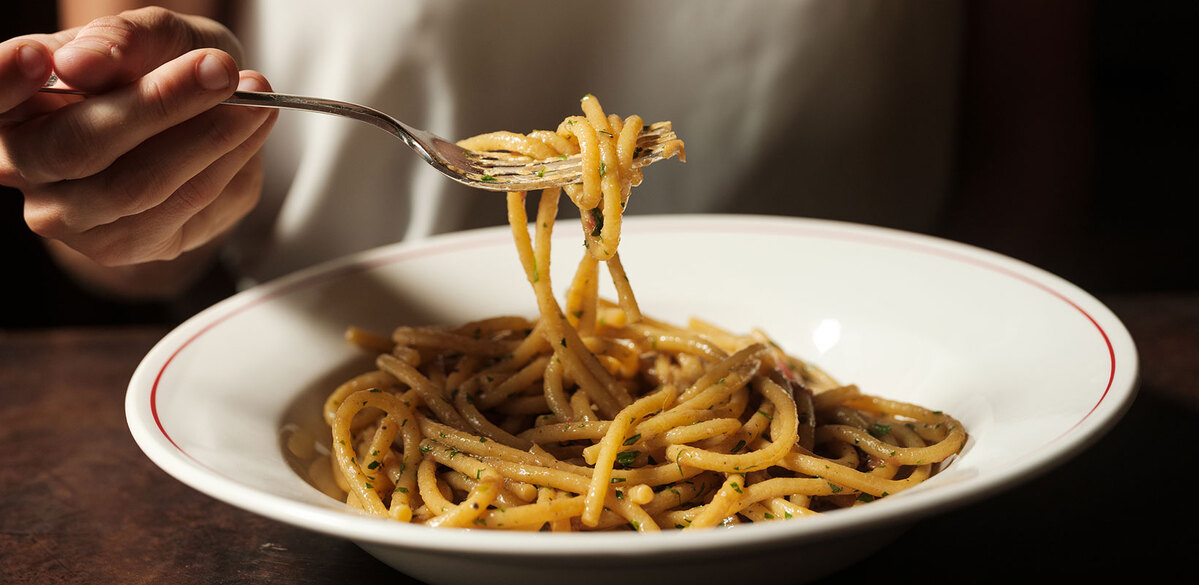
You need to be a premium member to view this. Join our community for just £4.99 per month, or £54.99 for a full year.
Already a subscriber to The Caterer? Login below:





